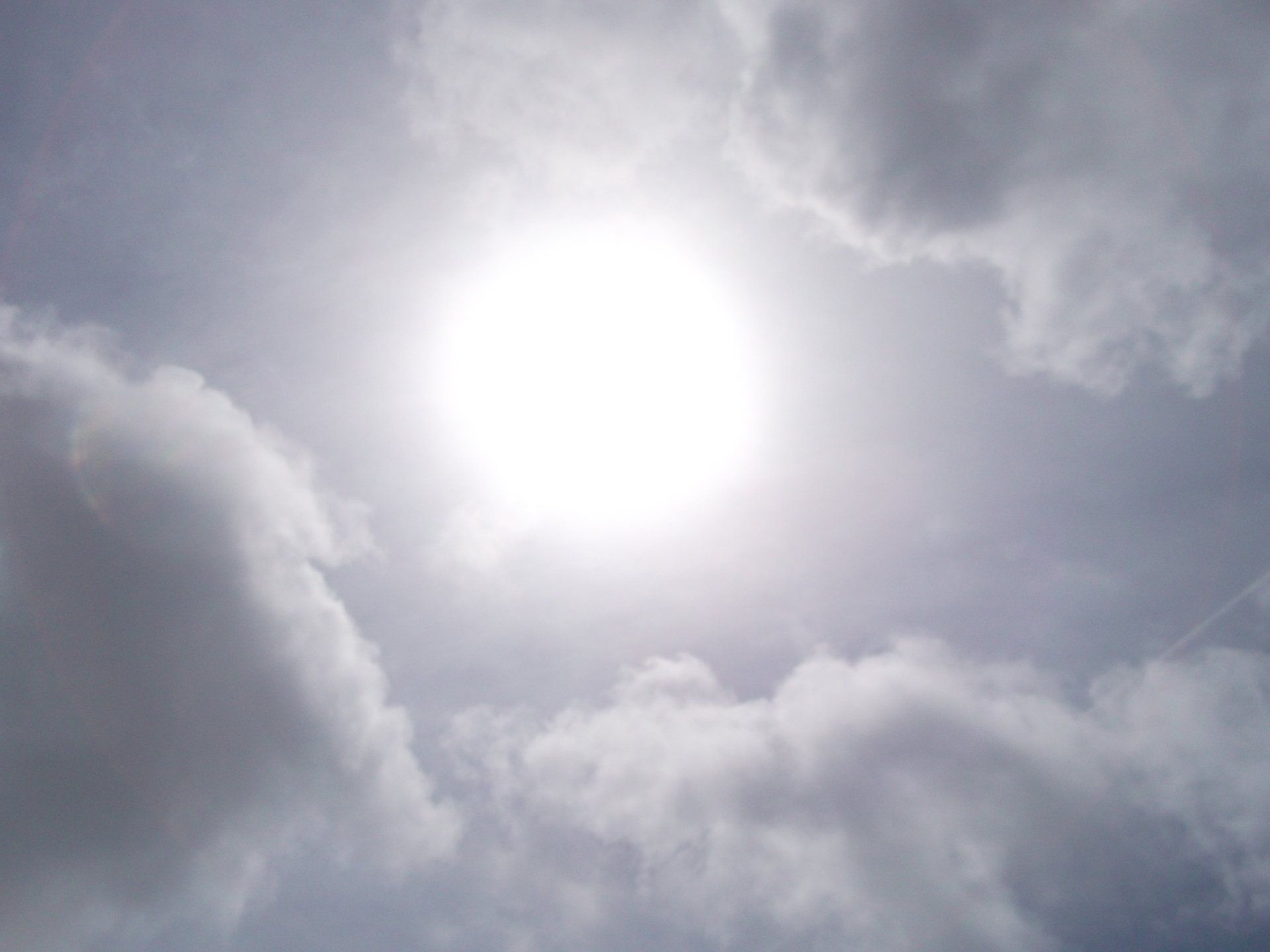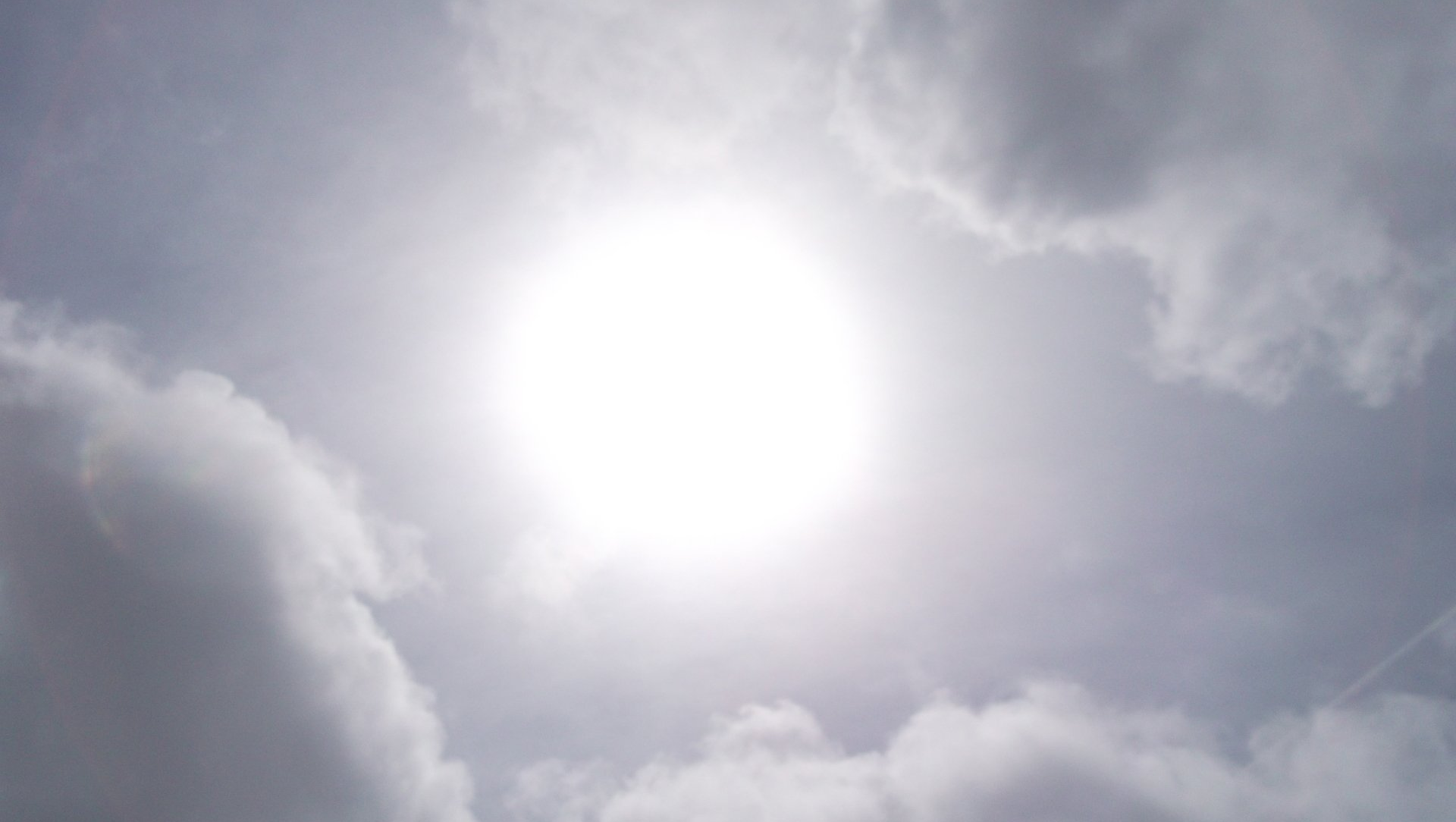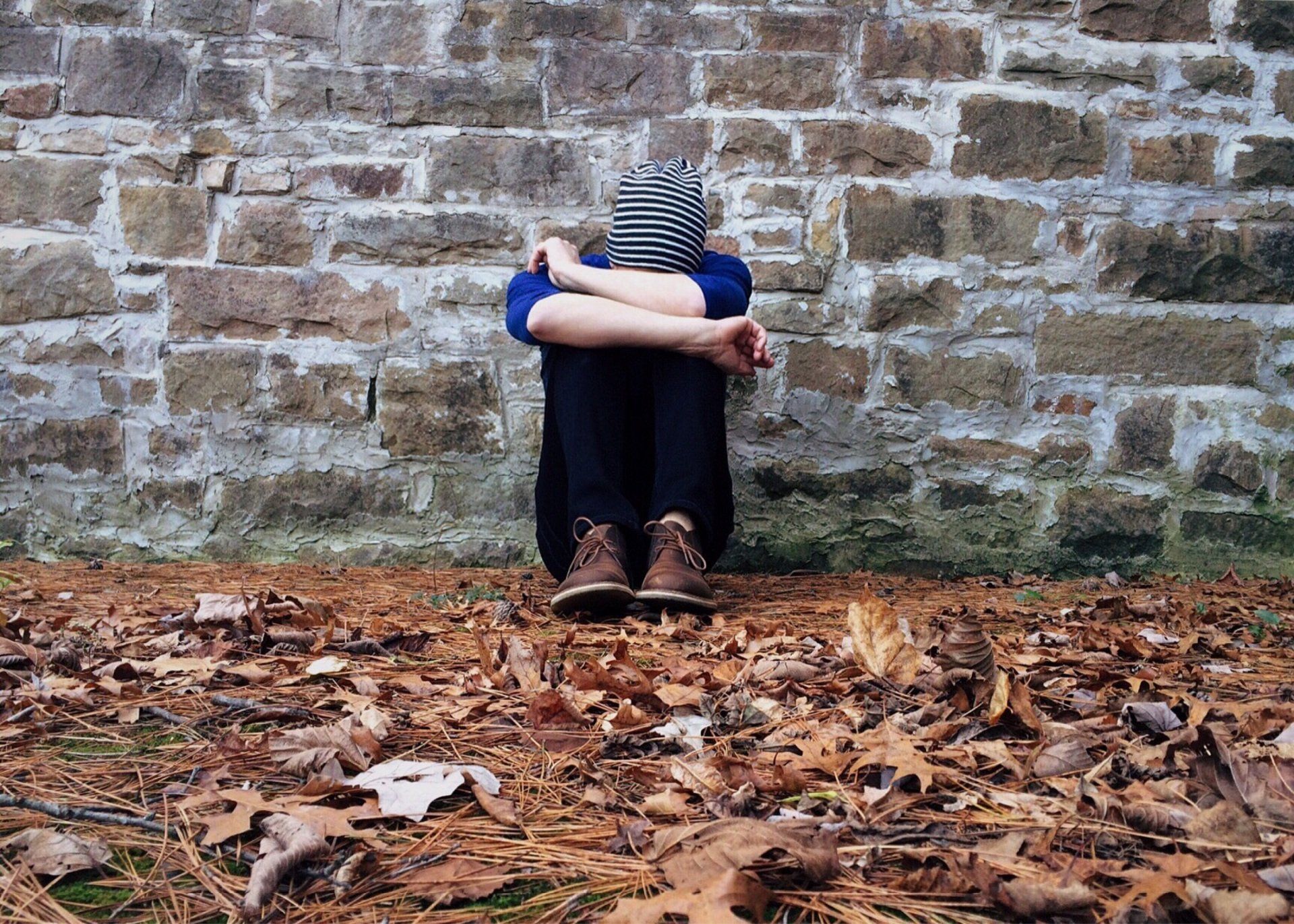Winter Turns into Spring - The Blog

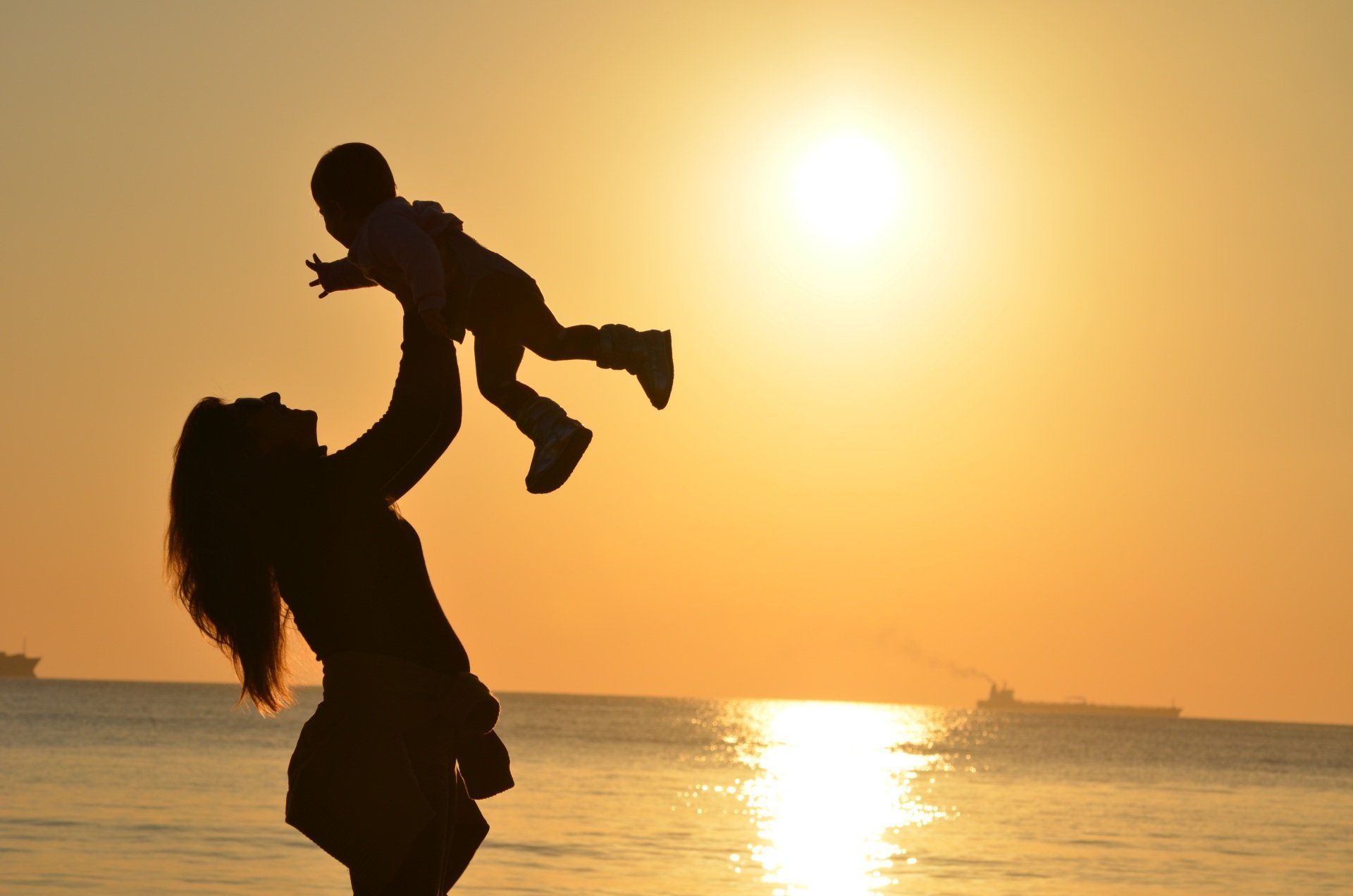
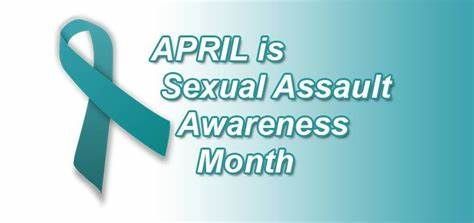
The Grooming Process in Child Sexual Abuse
Grooming is the long process where the perpetrator builds a "special" bond with the child. This shows how determined, manipulative and controlling adult sexual predators abusers really are.
The grooming process describes what happens before an abuser sexual assaults his victim, and throughout the development of a "special" relationship with the child. It is a gradual process that can take days, months or even years. The perpetrator is very often known to the child and to the family. It is more often someone within the family.
Over 90% of sexually abused children were abused by someone they knew.*
It might start with spending more time with the child and by making this time together special. What makes it special?
Secrets makes it special . For instance: " I know Mum doesn't want you to get your pocket money now, but here is £10. Don't tell her, or she will be cross!" or " Let's have ice cream before dinner! It will be our secret snack!" Telling the child how much s/he is loved and precious. "Nobody understands you as much as I do." Sometimes alcohol or drugs are offered.
Once an emotional closeness is established, the abuser will slowly start bursting physical boundaries, in small ways at first: a kiss there, some accidental touching. For instance, bathing might be an opportunity for pass sexual abuse as normal cleaning routine. This happened to me, my uncle cleaned my bum, after getting me out of the tub. The adult might show pornographic movies to introduce the idea of sex in the relationship. "This is what people who love each other do. And I love you." And so, the sexual abuse begins.
When sex is established in the connection with the child, it will must likely happen on a regular basis. What is first "caring" touch can become more violent. The friendship and the love are withdrawn now the perpetrator has what he wanted all along: complete control over his small victim.
CSA is about power and control more than it is about sex.
Threats keep the child silent: "If you tell, nobody will believe you. Nobody can understand how much we love each other." or "If you tell. I will go to prison. Do you want me to go to prison?" or "If you tell. I will hurt your mum/ your sister/ you pet..." These words might be followed with violent physical assault.
The adult will be loving and caring one moment and then, angry and threatening the next. This is to keep the child under control, reinforcing her dependency on her abuser as well as reinforcing her shame, guilt and fear. Those are the reasons why a child or a young person doesn't disclose the abuse, no matter how much they are pushed to say something, they will keep their secret.
1 in 3 children sexually abused by an adult did not tell anyone*
Perpetrators don't only groom children but also their community and the family of the child s/he is interest in.
When the abuser isn't part of the family , s/he needs to first create a connection with the family. They will shower the parents or siblings with compliments, gifts, and will offer to help one way or another. "Let me take the kids off your hands for a couple of hours, you look exhausted." or "I will babysit the kids, you guys go and watch that movie!" They very often have a strong place in the community: a teacher, a priest, a sport coach. The list is endless. These individuals are quite clever in seething through the crowd for the most vulnerable targets: a struggling single parent or a dysfunctional family unit.
Someone who is loved and respected within the community, who is being accused of sexual abuse will very often have strong supporters: "He isn't that kind of man! He loves children/ helps the community.." The victims will be accused of lying, of seeking attention or money, traumatising them further.
When the abuser is within a family , this person will charm and manipulate/ control his own family in order to getting away with sexual abuse. If confronted by a partner, accusations such as: "You are imagining things! How dare you accusing me of such things? You are mental." and the child is also blamed: "She is lying! She misunderstood: it was just a hug!" or "He has issues and has always been a difficult child!" When there is sexual abuse within a family there is very often emotional and psychological abuse, which stops the child and/ or the other family members to see clearly what is happening and to seek for help.
With the advance of the web comes another opportunity for perpetrators to groom young children. It is therefore very important to educate ourselves about Online abuse/ Online Grooming. Here is what NSPCC says about it:
"Children and young people can also be groomed online: perpetrators may use online platforms to build a trusting relationship with the child in order to abuse them. This abuse may happen online or the perpetrator may arrange to meet the child in person with the intention of abusing them." ** Click on the link below for their in depth research and resources.
Sylvie
Resources:
**
https://learning.nspcc.org.uk/child-abuse-and-neglect/online-abuse/
You can also read:
http://www.winterturnsintospring.co.uk/Child-Sexual-Abuse-and-incest-the-myths-and-the-facts
